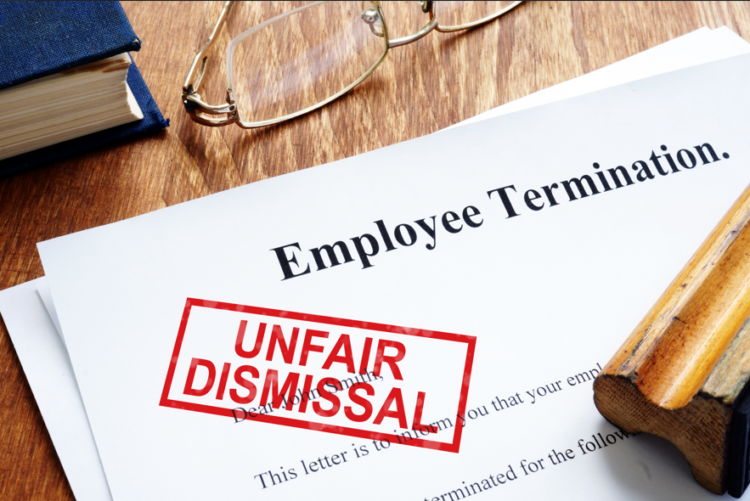A survey of HR professionals has identified the top three employment law proposals from the new government expected to have “the biggest impact” for employers.
More than half (54 percent) of HR professionals said proposals to change the rules governing unfair dismissal claims will have a big impact, a poll from Brightmine has revealed.
Concerns centre on Labour plans to remove the two year qualifying period, which workers must complete before they can bring an unfair dismissal claim.
The poll also found that more than a fifth (21 percent) of HR were worried about the impact of planned employment status reforms, and a tenth (11 percent) were concerned about the introduction of a right to disconnect outside normal working hours.
Day one right
Under Labour plans, outlined in its ‘New Deal for Working People’, the right to bring an unfair dismissal claim would become a day one right.
Labour said that removing the two year qualifying period would end “the lengthy wait for basic rights”. The party also said the changes would not prevent fair dismissals for capability, conduct, redundancy, or probationary periods with fair and transparent processes.
But Brightmine said it was “unclear” what constitutes fair and transparent rules, meaning further discussion and consultation are needed.
If the unfair dismissal proposals are implemented, Brightmine said employers would need to:
- Exercise more caution in recruitment to select the most suitable candidate
- Ensure thorough onboarding processes
- Review their approach to probationary periods to ensure effective use
- Invest more in training and development
- Implement fair performance management processes to identifying capability issues early
- Follow a fair process for all dismissals, regardless of employee tenure
- Review and update any relevant policies to ensure a fair process for all workers
Employment status reforms
More than a fifth (21 percent) of HR said potential employment status reforms would impact their organisations.
Currently employment status is divided into employee, worker, and self-employed categories, with each group having different levels of employment rights. But determining which classification an individual sits in is not straightforward, especially in the gig economy.
Labour has proposed merging employees and workers into a single status of worker, granting workers the same rights as employees. Brightmine said that if this change is made, employers that rely heavily on casual workers are likely to be burdened with increased costs.
Brightmine said if the proposal was introduced employers would need to:
- Review the workforce to assess how many individuals might be impacted
- Ensure that employment contracts, and policies and procedures align with the new category of worker
- Update payroll systems to reflect the new worker category
- Reassess the business model if the organisation is reliant on casual workers
Right to disconnect
A tenth (11 percent) of HR also raised concerns about the introduction of a right to disconnect outside normal working hours.
Labour has proposed a “right to switch off” to improve employees’ work-life balance, especially with the rise of remote and hybrid work.
The details of this proposal are limited, but Labour has pointed to Belgium and Ireland as examples.
Belgium has a strict right not to be contacted outside working hours and requires employers with 20 plus employees to formalise this right through written agreements.
In contrast, Ireland has a softer approach with a code of practice from the Workplace Relations Commission. This offers guidance on disconnecting and outlining employees’ rights regarding work outside normal hours.
Brightmine said it is not clear which model the new government will adopt, but Belgium’s robust approach seems more effective for a genuine right to disconnect.
If the right to disconnect is introduced, researchers said employers would need to:
- Effectively communicate the new right via an easily accessible policy that is endorsed by senior leaders
- Train line managers to ensure that the right is consistently enforced in all parts of the organisation.
Stephen Simpson, acting content manager – employment law and compliance at Brightmine, said: “There is no question amongst HR professionals that with the dawn of the new Labour government, change is inevitable. The only question now is what employment law changes will occur and when.
“Our research shows out of the top ten possible employment law changes detailed within the Labour manifesto, there are three stand out proposals that HR professionals said are likely to have the biggest impact within their organisation.”













